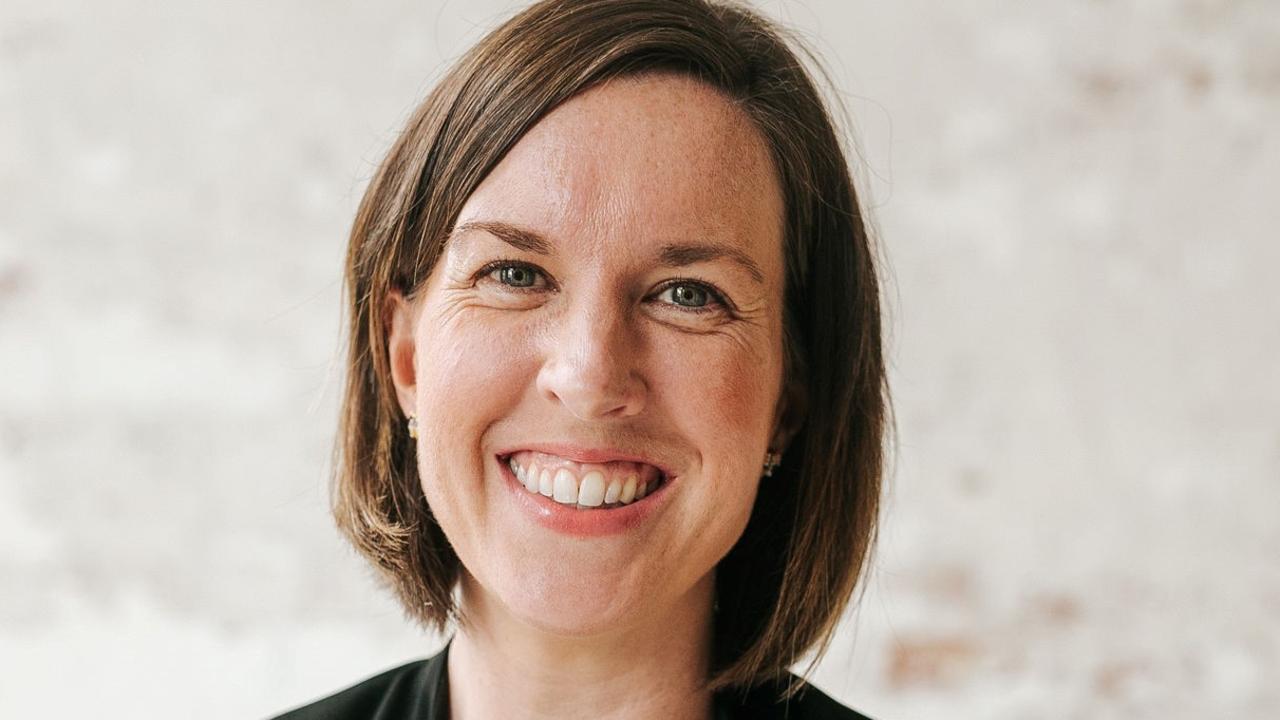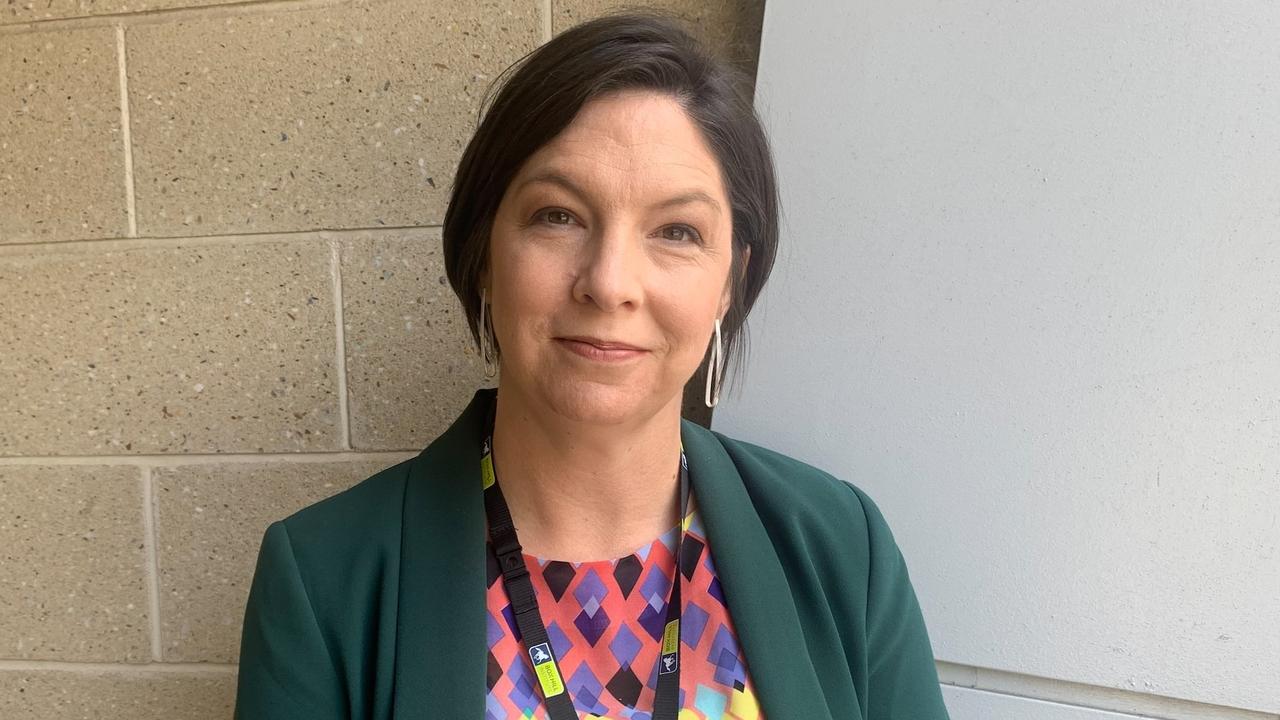‘Fed up’ Aussies willing to take a pay cut for a better work experience
“Exhausted” staff are looking for a better experience at work, with some willing to lose $50k from their salary to get it, in a new trend.
An exhausted John Fox* is actively looking for jobs that will pay him up to $50,000 less than his current position as he seeks out a better work life balance.
The builder and electrician currently earns up to $120,000 with overtime in a job he has held for the past two years.
However, he works on large infrastructure projects around the country, which means he often spends weeks away from his wife and young child, a situation that has been exacerbated with the pandemic and border closures.
The tradie said it’s been a “struggle” to be away from home, missing out on the small everyday moments with his daughter as he works on site for an average of two to three weeks.
“But last year I was in Victoria right around when it was in lockdown so at that point I was away for up to eight weeks at a time as it was too hard to go backwards and forwards between states with restrictions,” he told news.com.au.
“Since Covid happened, it’s made it a bit more challenging which is another reason I’m looking for something that is in one spot.
“Being away so much, the money is just not worth it.”

The Sydneysider has interviewed for three new positions recently that would mean a huge drop in salary with the roles paying between $70,000 and $80,000.
He is one of 4.7 million Aussies willing to switch jobs for less pay but a better employee experience, according to new research by Australian workplace technology company LiveTiles, in a trend being described as The Great Reassessment.
The past 12 months has seen nearly half of Australian employees feeling stressed, exhausted or fed up, showed the research, with a third of those surveyed revealing their job has become more difficult over the past year.
Meanwhile, people in education and face-to-face roles as well as younger employees, aged between 18 and 34, are some of the people struggling the most.

For Mr Fox, who is in his 30s and currently working in the Southern Highlands, the pandemic has also partly prompted a move towards a new career as he is studying engineering online at university.
The desire for a more flexible workplace like his wife, who gets to work from home two days a week, is also a factor in his job hunt as he can clock up days starting at 6.30am and finishing at 5.30pm in his current role.
“I think I’m trying to look for something that has little bit more flexibility and might entitle me to do work in an office and also have the flexibility to do some work from home,” he said.
“I’ve done a lot of travelling for my job in the last few years so I certainly wouldn’t mind being at home to do some work or not having to travel very far at all.”
Australians ranked flexibility as most important to them after having a secure job, the LiveTiles research revealed.

Sarah Gildea, LiveTiles’ global employee experience manager, said the disruption and uncertainty of Covid had prompted many employees to think more deeply about what matters to them causing The Great Reassessment.
“The pandemic has clearly made people reassess what is important to them at work. People are looking beyond pay to the many other factors that make up our employee experience, such as having the right level of flexibility, enjoying our work, and feeling connected to our workplaces and our colleagues in a meaningful way,” she explained.
Melbourne mum Sadie, who did not want her surname to be used, was one Aussie looking for a better work experience after taking up a job in the “pretty tough” healthcare sector at the start of the year.
“You can imagine everyone has been working really hard for the previous 18 months and then we had waves of more disease outbreaks and everyone pushed to the limit,” she told news.com.au.
“I suppose maybe the culture was of people who were really tired and frazzled and not taking care of each other as well as they could.”
There was also virtually no flexibility offered in the role with the mum required to come into the office even during lockdowns.
The 45-year-old “jumped” at the chance to take up a new role at TAFE when it came up two months ago.

She said money didn’t come into her decision to change jobs but she was looking for a better culture.
“It’s really different. It’s a very supportive culture and I work with a really great executive team that have really good relationships with each other. It’s a vibrant inclusive place to be, I work with really great colleagues and it’s fun to come to work,” she said.
“Everyone helps out and it’s a smaller organiastion so I’ve gone from 10,000 employees to around 1000 to 2000 empoyees, so I have the ability to be a bit more nimble and work across a few areas and I’ve had exposure to a few parts of the business that I wouldn’t get in massive organisations.
One of the big things also was flexibility, she noted.
“I have school-aged kids, so I am able to work two days form home, three days in office and leave early when I need to and log back in – that’s really important and the one gift of Covid,” she added.
Flexibility is going to be a defining feature of the workplace for years to come but staff are worried employers aren’t willing to embrace it.
Nearly half of Australian employees expect their employer to pressure staff to return back to pre-Covid work arrangements in the next 12 months, according to the research.

It also found Australians are less likely to feel connected to their workplace, feel their workplace has a good culture and they belong, or have the have the right tools, technology and support to do their job compared to staff in the US, UK, Germany, Denmark and Switzerland.
It’s a warning sign for businesses as the Great Resignation, a phenomenon playing out in the US where millions of workers are quitting their jobs, is expected to hit Australian shores in March.
“Companies and workplaces that also recognise that there is no one-size-fits-all approach to employee experience are those most likely to avoid a Great Resignation in the months ahead,” added Ms Gildea.
“In fact, they may find themselves at the forefront of ‘a great attraction’ where they win the war for talent while also improving productivity and the wellbeing of their staff.”
*Name has been changed






